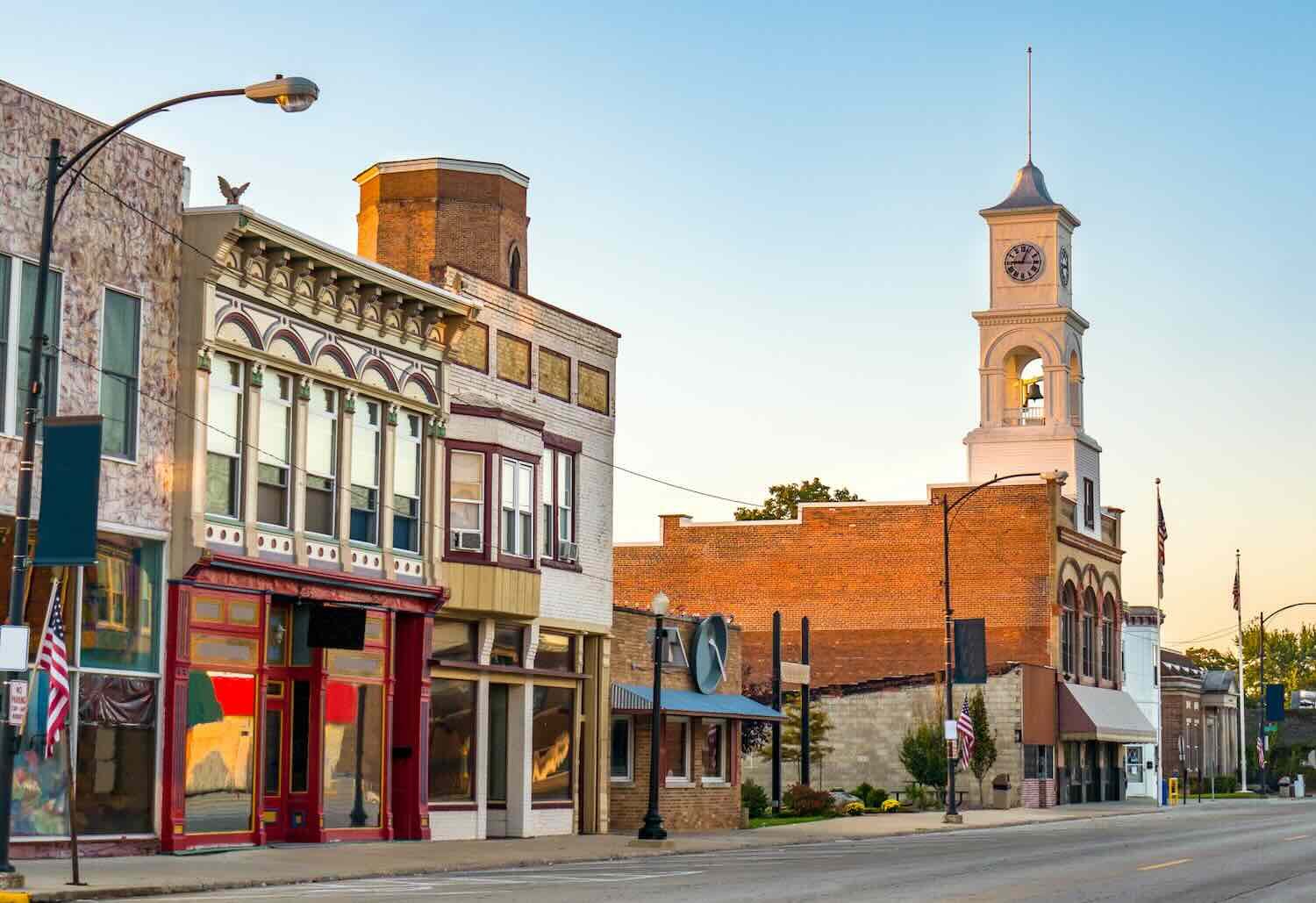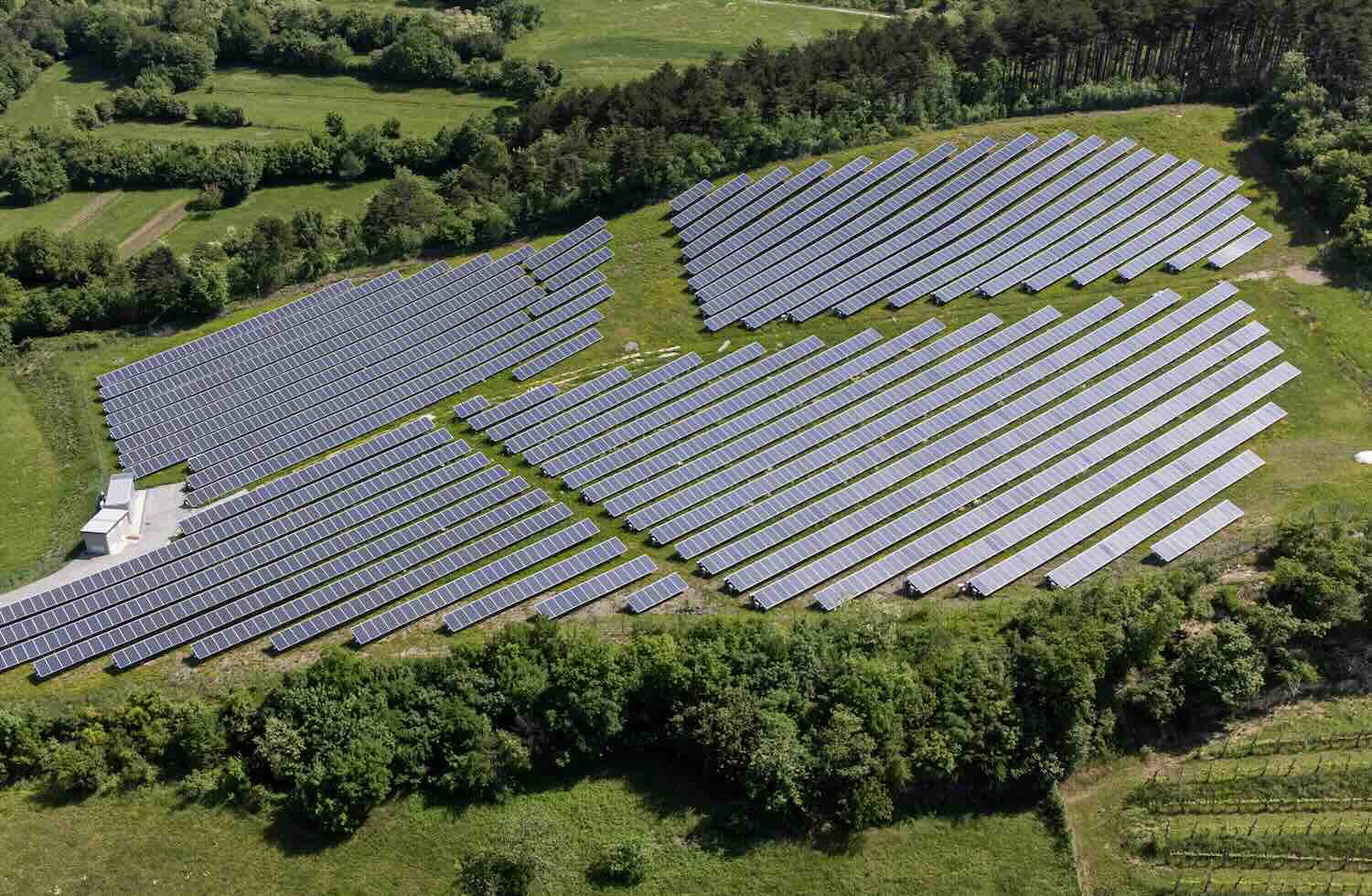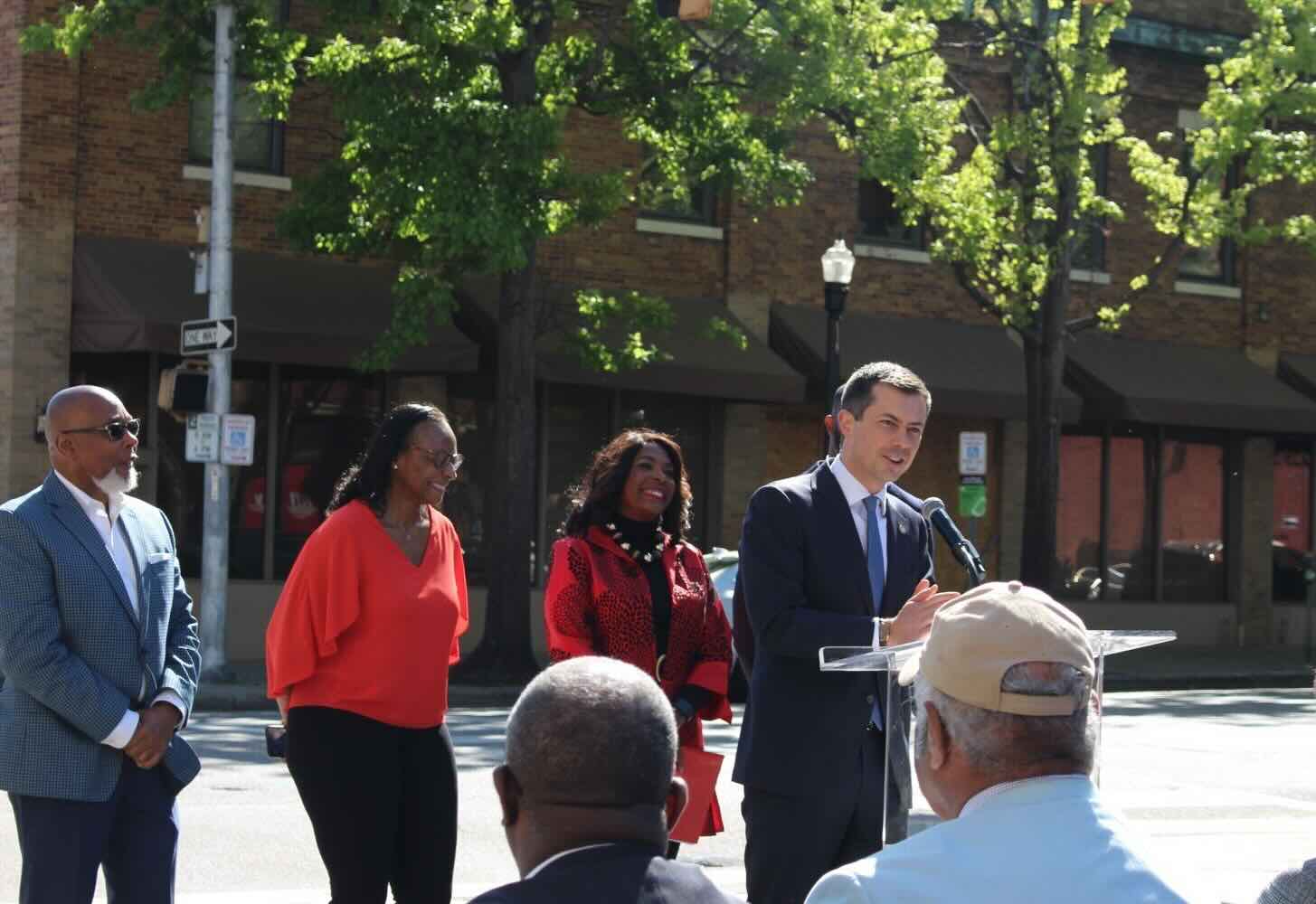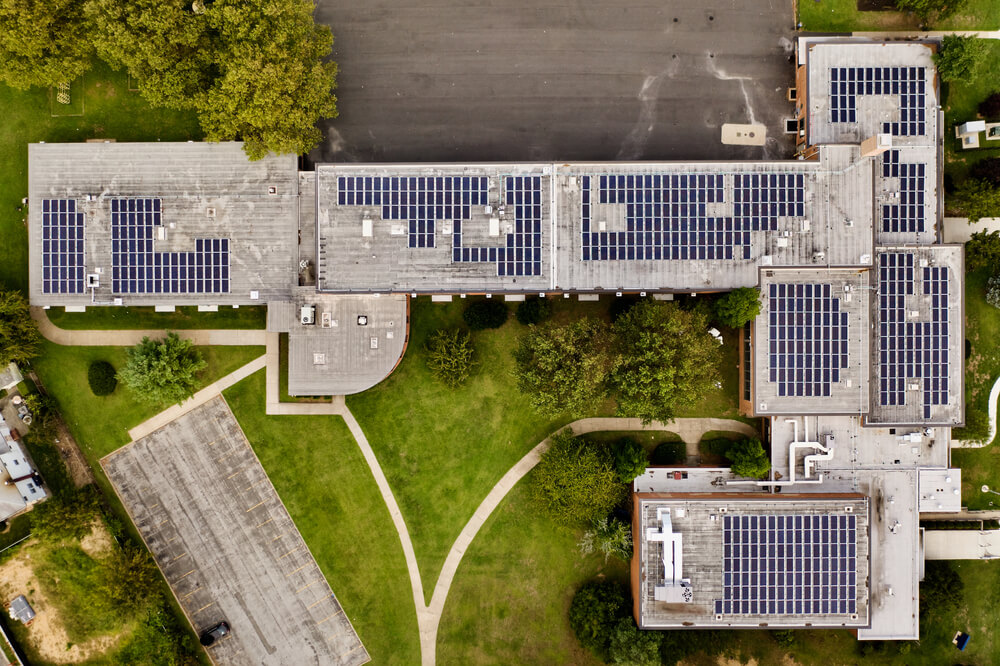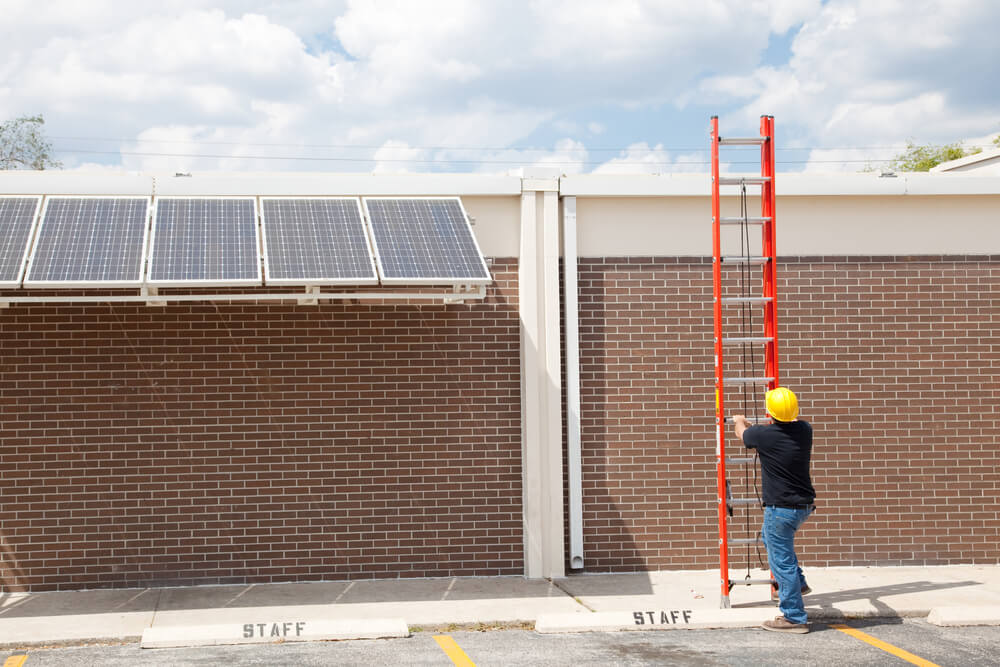The Department of Energy’s Loan Programs Office is best known for providing loans and guarantees to innovative climate tech solutions and manufacturing from the private sector.
But under a little known provision, the DOE’s $400 billion energy lending arm can also extend such support to green projects backed by state or Native-run energy financing entities such as green banks, housing authorities, economic development agencies and other authorities.
The Title 17 Clean Energy Financing program has new authority to make loans or guarantees to emissions-reducing projects that are sponsored and at least partly financed by so-called state energy financing institutions, or SEFIs.
The New Jersey Economic Development Authority and the New York State Energy Research and Development Authority (NYSERDA) are among the state entities that are actively soliciting green projects that could potentially qualify for LPO support.
The application process for an LPO loan can be costly, so the Clean Energy Finance Program only pencils out for large projects of $100 million or more. State entities can also bundle a number of smaller projects into a special purpose vehicle that could receive LPO support.
Project portfolio
The NJ EDA, along with a new green bank it is standing up, is soliciting project proposals with an eye towards the latter path. “This is a process whereby we can facilitate smaller borrowers and smaller loan limits to tap into the EDA so that we can work with them and collectively work alongside LPO,” said the EDA’s Ram Akella on a webinar hosted by the LPO office earlier this month.
The request for information will also provide the state with feedback on the structures borrowers are seeking, typical project size and pain points developers face, added Akella, “so that we can truly stand up a portfolio of products and financial offerings that catered to a broad sector of the stakeholders.”
To qualify, projects must reduce greenhouse gasses and receive “meaningful” backing from the state entity. Under updated guidance in the Inflation Reduction Act and the bipartisan infrastructure law, the historical requirement that Title 17 projects involve innovative technology has been waived for projects that have financial backing from SEFIs.
LPO cannot underwrite projects that have already received federal support. But projects that qualify for the IRA’s plentiful tax credits are allowed.







